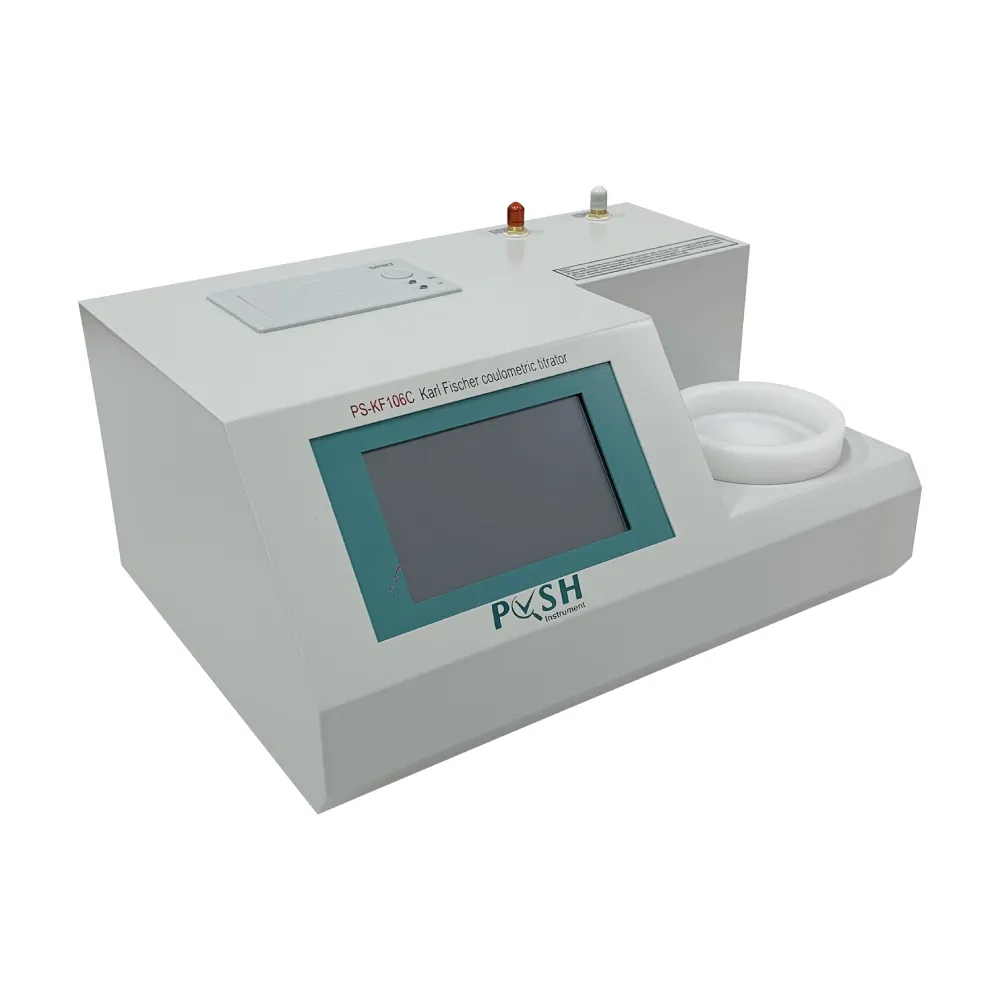TEL:
+86-0312-3189593
 English
English

Telephone:0312-3189593

Email:sales@oil-tester.com

-
 Afrikaans
Afrikaans -
 Albanian
Albanian -
 Amharic
Amharic -
 Arabic
Arabic -
 Armenian
Armenian -
 Azerbaijani
Azerbaijani -
 Basque
Basque -
 Belarusian
Belarusian -
 Bengali
Bengali -
 Bosnian
Bosnian -
 Bulgarian
Bulgarian -
 Catalan
Catalan -
 Cebuano
Cebuano -
 China
China -
 China (Taiwan)
China (Taiwan) -
 Corsican
Corsican -
 Croatian
Croatian -
 Czech
Czech -
 Danish
Danish -
 Dutch
Dutch -
 English
English -
 Esperanto
Esperanto -
 Estonian
Estonian -
 Finnish
Finnish -
 French
French -
 Frisian
Frisian -
 Galician
Galician -
 Georgian
Georgian -
 German
German -
 Greek
Greek -
 Gujarati
Gujarati -
 Haitian Creole
Haitian Creole -
 hausa
hausa -
 hawaiian
hawaiian -
 Hebrew
Hebrew -
 Hindi
Hindi -
 Miao
Miao -
 Hungarian
Hungarian -
 Icelandic
Icelandic -
 igbo
igbo -
 Indonesian
Indonesian -
 irish
irish -
 Italian
Italian -
 Japanese
Japanese -
 Javanese
Javanese -
 Kannada
Kannada -
 kazakh
kazakh -
 Khmer
Khmer -
 Rwandese
Rwandese -
 Korean
Korean -
 Kurdish
Kurdish -
 Kyrgyz
Kyrgyz -
 Lao
Lao -
 Latin
Latin -
 Latvian
Latvian -
 Lithuanian
Lithuanian -
 Luxembourgish
Luxembourgish -
 Macedonian
Macedonian -
 Malgashi
Malgashi -
 Malay
Malay -
 Malayalam
Malayalam -
 Maltese
Maltese -
 Maori
Maori -
 Marathi
Marathi -
 Mongolian
Mongolian -
 Myanmar
Myanmar -
 Nepali
Nepali -
 Norwegian
Norwegian -
 Norwegian
Norwegian -
 Occitan
Occitan -
 Pashto
Pashto -
 Persian
Persian -
 Polish
Polish -
 Portuguese
Portuguese -
 Punjabi
Punjabi -
 Romanian
Romanian -
 Russian
Russian -
 Samoan
Samoan -
 Scottish Gaelic
Scottish Gaelic -
 Serbian
Serbian -
 Sesotho
Sesotho -
 Shona
Shona -
 Sindhi
Sindhi -
 Sinhala
Sinhala -
 Slovak
Slovak -
 Slovenian
Slovenian -
 Somali
Somali -
 Spanish
Spanish -
 Sundanese
Sundanese -
 Swahili
Swahili -
 Swedish
Swedish -
 Tagalog
Tagalog -
 Tajik
Tajik -
 Tamil
Tamil -
 Tatar
Tatar -
 Telugu
Telugu -
 Thai
Thai -
 Turkish
Turkish -
 Turkmen
Turkmen -
 Ukrainian
Ukrainian -
 Urdu
Urdu -
 Uighur
Uighur -
 Uzbek
Uzbek -
 Vietnamese
Vietnamese -
 Welsh
Welsh -
 Bantu
Bantu -
 Yiddish
Yiddish -
 Yoruba
Yoruba -
 Zulu
Zulu
Gearr . 06, 2025 05:53
Back to list
PS-1001 Oil breakdown voltage tester
Impulse testing of high voltage transformers stands as a cornerstone in the assurance of electrical grid resilience and reliability. Such testing simulates natural phenomena like lightning strikes or switching surges, providing manufacturers and operators with crucial data on the capabilities and endurance of their transformers.
Authority within this domain emanates from adherence to international standards like IEC 60076-3 and IEEE C57. The application of these rigorous guidelines ensures that impulse testing procedures deliver reliable, accurate, and globally recognized results. Certified testing facilities adhere to these standards, reinforcing the test results' credibility. From a trust perspective, manufacturers and operators must choose testing partners with a proven track record. Accreditation from renowned bodies such as the International Electrotechnical Commission (IEC) and the Institute of Electrical and Electronics Engineers (IEEE) is indicative of trustworthiness and competence in conducting impulse tests. Moreover, investing in impulse testing leads to long-term savings and operational efficiencies. By detecting potential issues before they evolve into costly repairs, companies can enhance their transformers' lifespan and reliability. Regular testing ensures that any changes in manufacturing, material quality, or design processes can be identified and addressed promptly. In essence, impulse testing transcends merely being a protocol; it is an investment in the future stability and efficiency of power supply infrastructures. For transformer manufacturers and operators, engaging with experienced professionals who comprehensively understand the intricacies of impulse testing is invaluable. This practice is not only a testament to the commitment to safety and quality but also a strategic approach to maintaining world-class electrical grid systems.


Authority within this domain emanates from adherence to international standards like IEC 60076-3 and IEEE C57. The application of these rigorous guidelines ensures that impulse testing procedures deliver reliable, accurate, and globally recognized results. Certified testing facilities adhere to these standards, reinforcing the test results' credibility. From a trust perspective, manufacturers and operators must choose testing partners with a proven track record. Accreditation from renowned bodies such as the International Electrotechnical Commission (IEC) and the Institute of Electrical and Electronics Engineers (IEEE) is indicative of trustworthiness and competence in conducting impulse tests. Moreover, investing in impulse testing leads to long-term savings and operational efficiencies. By detecting potential issues before they evolve into costly repairs, companies can enhance their transformers' lifespan and reliability. Regular testing ensures that any changes in manufacturing, material quality, or design processes can be identified and addressed promptly. In essence, impulse testing transcends merely being a protocol; it is an investment in the future stability and efficiency of power supply infrastructures. For transformer manufacturers and operators, engaging with experienced professionals who comprehensively understand the intricacies of impulse testing is invaluable. This practice is not only a testament to the commitment to safety and quality but also a strategic approach to maintaining world-class electrical grid systems.
Latest news
-
Testing Equipment Industry Sees Major Advancements in 2025: Smart & Precision Technologies Lead the WayNewsJun.06,2025
-
Applications of Direct Current Generators in Renewable Energy SystemsNewsJun.05,2025
-
Hipot Tester Calibration and Accuracy GuidelinesNewsJun.05,2025
-
Digital Circuit Breaker Analyzer Features and BenefitsNewsJun.05,2025
-
Benefits of Real-Time Power Quality Monitoring Devices for Industrial EfficiencyNewsJun.05,2025
-
Earth Fault Loop Testing in High-Rise Building Electrical SystemsNewsJun.05,2025



